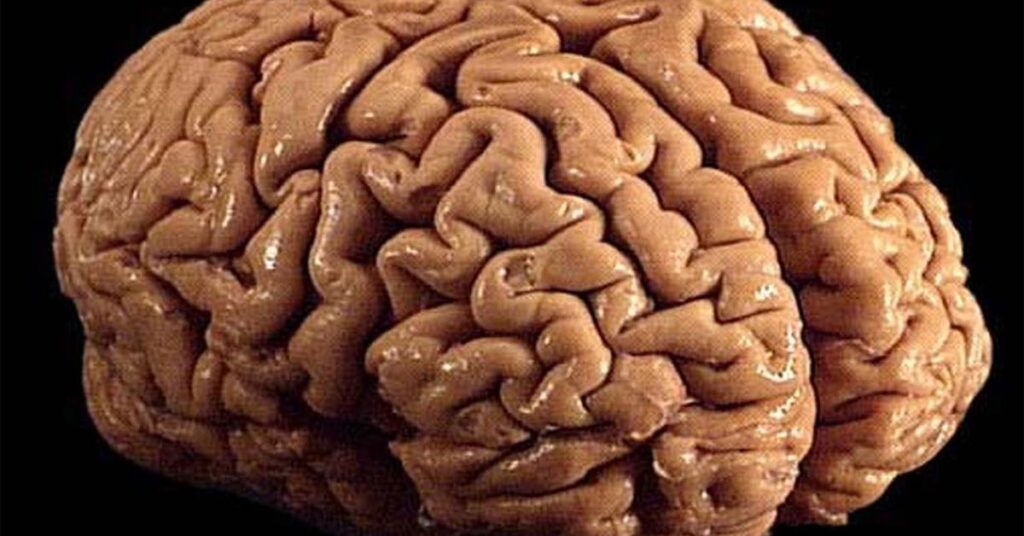Mind and brain

The mind-brain problem is about how to address the relation between mental and physical phenomena and is one of the most fundamental scientific and philosophical questions. Why are we not just robots, capable of retaining and using information, but lacking consciousness and an inner life?
Neuroscience can give us still more advanced neuroimaging maps of what kinds of conscious experiences depend on what kind of physical brain states. But where does the mind or consciousness come from? Is it just rooted in physics and chemistry, as some scientists believe?
The problem with this so-called physicalism is that consciousness can hardly be explained by physical processes. What a burnt finger feels like, what a blue sky looks like, how an orange tastes like, or how it is to be in love are mental states that cannot be reduced to anything physical. We can conceivably know all the objective information about these events such as the wavelength of light involved in color vision or the blood flow in certain areas of the brain when in love, which is detectable in a scanner, but we look at this from the outside and know nothing fundamental about the subject’s mental state – what it is to see a blue sky or to be in love. Such ‘qualia,’ the qualitative features of experience, are still considered the ‘hard question’ for scientists to explain in terms of physical brain processes, and many of them believe it will never be possible either.
If people are asked what the mind is, they will usually respond by identifying it with their self, their personality, their soul, or similar expressions. They will almost certainly deny that the mind simply is the brain. The experience of the self also relies on our obvious capability to show specific attention, selectively recall memories, and freely plan voluntary actions. This has led other scientists to believe in interactive dualism, holding that the mind and brain are two distinct and independent entities that interact with each other.
The traditional scientific dogma of a strict objective-subjective dichotomy can no longer be maintained. Subjective consciousness has long been a vast area of research, involving quantum mechanics, based on probabilities at microlevels. And as to the brain, it remains the most complex object in the known universe and the only thing here asking for meaning – through evolution configured in such a way that it is highly liable to trigger belief in a supernatural reality.